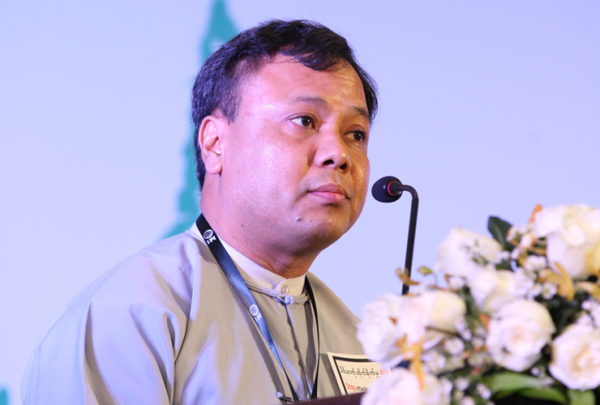The complete abolition of pre-publication censorship for newspapers was announced in Burma last week, but a host of other laws that have been used to jail journalists and suspend publications mean that the press will still have much to fear if their reporting on sensitive issues falls afoul of the authorities.
“We welcome the abolition of pre-publication censorship by the authorities in Burma, but call for the reforms to be carried further,” said IPI Deputy Director Anthony Mills. “All laws that stipulate jail time for press offences should be repealed, and the Press Scrutiny & Registration Department should be abolished as soon as possible.”
On August 20, a spokesperson announced that pre-publication censorship would end for media houses covering political and religious affairs, according to news reports. A Reuters report said the move affected “80 political and six religious journals”.
Publications covering other subjects were freed from pre-publication censorship in stages over the past year, reports said. Media covering entertainment, sports, children and health were freed from censorship in June 2011; those covering crime, economics and legal affairs were freed in December, while those covering education were freed in March of 2012, according to the International Business Times.
But plenty of restrictions remain. Privately-owned newspapers are not given licenses to publish daily. Officials told AFP that films will still be subject to censorship. The censorship board will still monitor content after publication, reports say. Given a host of repressive laws, that leaves journalists lots of room to get in trouble even after publication. Worrisome laws that require revision include the 1962 Press & Publications Act, which gives the authorities a range of inappropriate powers over the press, and the 2004 Electronic Transaction Law which, Reuters noted, provides a 15 year prison term for revealing “information relating to secrets of the security of the state”.
Recent violations against the press further diminish faith in Burma’s proclaimed ambitions for democratic reform. AP said that weekly newspapers The Voice and Envoy were suspended for two weeks for “speculating on a still-anticipated cabinet reshuffle”, though the newspapers returned to newsstands on August 18. The Voice is also facing a criminal defamation lawsuit filed by the mining ministry, according to AFP, which noted that under Burmese law both individuals and organisations can sue for defamation.


